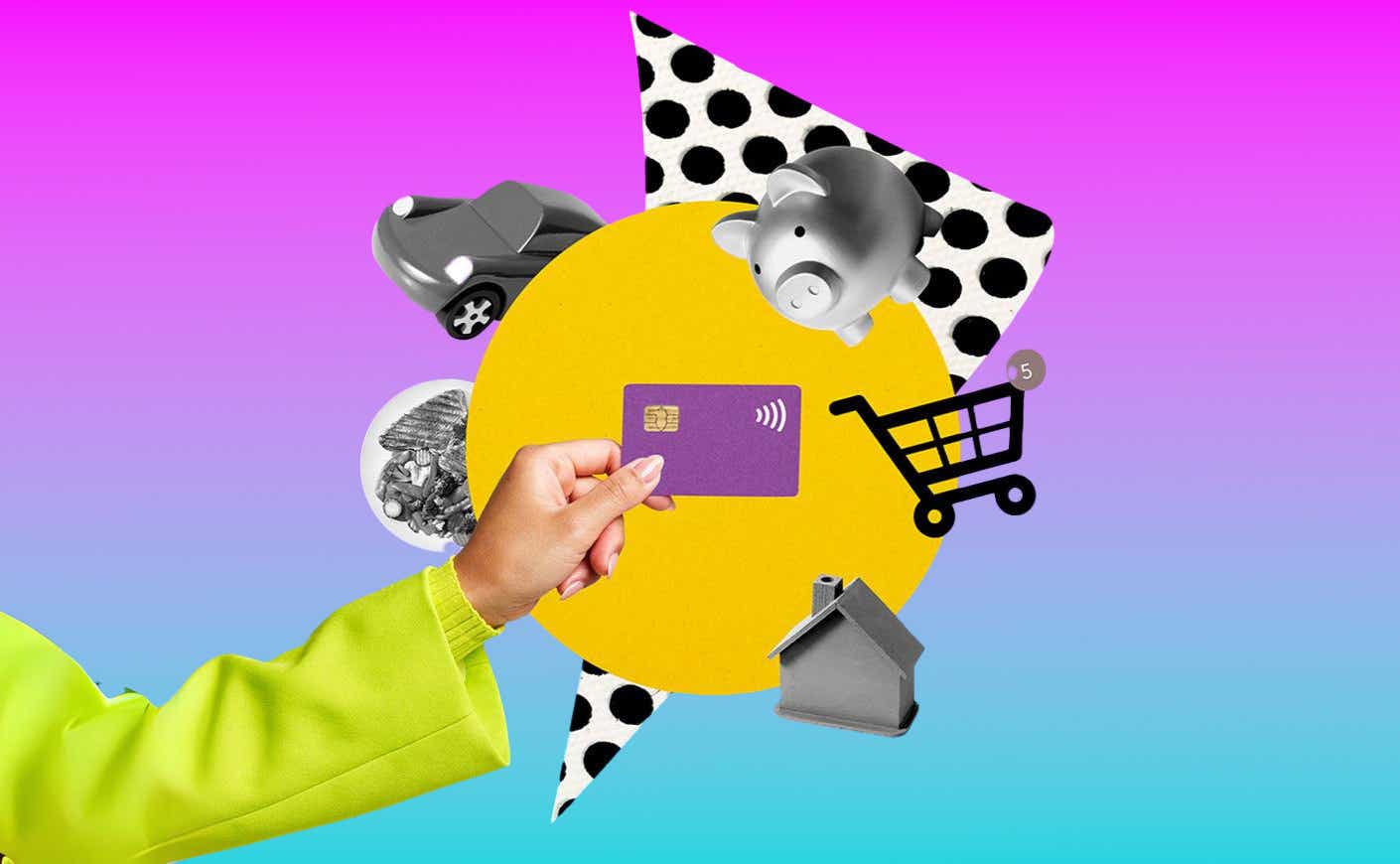Federal regulators are reigning in those pesky late fees on credit cards — and the change could save Americans billions. On Tuesday, the Consumer Financial Protection Bureau announced that it finalized a rule that would lower late charges by big credit-card issuers — from an average of $32 to a maximum of $8, in most cases.
With this cap going into effect, the agency estimates that it’ll save families $10 billion, an average savings of $220 per year for each of the more than 45 million Americans who are charged what the Federal Trade Commission calls “junk fees.”
Sounds pretty great, right? Well, while it could help lower-income families make ends meet, the move is getting mixed reviews as insiders warn that it might have some unintended consequences. “Everyone, including those who pay on time, might see higher rates and higher fees,” Bankrate analyst Ted Rossman tells Katie Couric Media.
We took a deep dive into the latest rule and why it’s catching some flack.
What would the new rule on credit card late fees do?
The regulation would set a maximum of $8 for most credit card late fees, or require banks to show why they should charge more than that. It’s worth noting that it only applies to large credit card issuers (those with more than 1 million open accounts), who currently represent more than 95 percent of total outstanding credit card debt.
This new rule would also close a loophole that federal regulators believe credit card companies have capitalized on to increase fees on borrowers who make late payments. “For over a decade, credit card giants have been exploiting a loophole to harvest billions of dollars in junk fees from American consumers,” CFPB Director Rohit Chopra said in a statement. “Today’s rule ends the era of big credit card companies hiding behind the excuse of inflation when they hike fees on borrowers to boost their own bottom lines.”
As it currently stands, banks charge $25 for the first late payment and then $35 for each one after that. But federal regulators say these fees have now “ballooned to $30 and $41, even as credit card companies have moved to cheaper, digital business processes.”
The CFPB also found that these late fees are often piled up on other penalties that credit card companies impose on people who miss payments, such as negative credit reporting, which can hurt their credit score.
So why now?
The rule change is part of a broader push by the Biden administration to crack down on junk fees that can drive up everyday costs for Americans. The president also plans to form a “strike force” to crack down on illegal and unfair pricing for things like groceries and prescription drugs.
This push comes amid tenacious sky-high inflation, and as many Americans fall deeper into debt. Credit card holders paid a record $130 billion in credit card interest and fees in 2022, according to the Consumer Financial Protection Bureau.
That’s not all: Cardholders are not only increasingly carrying debt over each month, but they’re also falling behind on their payments. Americans now collectively owe a record $1.13 trillion on their credit cards, with an average balance of $6,360 per person.
When will the credit card fee limit take effect?
The rule won’t be imposed immediately. The CFBP must first publish the rule in the Federal Register, but the agency told CNN it’s on track to take effect on June 1.
While that’s still a ways away, some financial analysts believe this marks a remarkably speedy turnaround. “This is a few months faster than we expected,” Jaret Seiberg, financial services analyst at TD Cowen Washington Research Group, told clients in a note. “We believe it is intended to expedite litigation.”
Could the cap hurt consumers?
Financial analysts like Rossman warn that the new regulation will hurt consumers by encouraging more people to pay late, which in turn, could damage their credit scores.
“The limits had been $30 for a first offense and $41 for subsequent late payments within six billing cycles — I think those higher amounts were more of a deterrent to paying late,” he says. “I fear that $8 may not be enough to encourage people to pay on time.”
The rule could also negatively impact people who pay their bills on time. To make up for lost revenue, banks might raise interest rates, cut credit limits, and make it harder to get credit cards. Matt Schulz, who’s a financial analyst for the business platform LendingTree, told USA Today that the change could even “accelerate” balance transfer fees, which are already on the rise.
What has been the response?
The US Chamber of Commerce has already vowed to file a lawsuit and fight the new rule.
“Once again, the Consumer Financial Protection Bureau has exceeded its authority,” Neil Bradley, chief policy officer at the Chamber, said in a statement. “The agency’s final credit card late fee rule punishes Americans who pay their credit card bill on time by forcing them to pay for those who don’t.”
But not everyone shares this sentiment. Democratic Sen. Elizabeth Warren, who has been known to go after big banks, praised the new ban on excessive credit card late fees. “These junk fees are designed to boost Wall Street profits at the expense of working people,” Warren said in a post on X. “This is government working for the people, not the big banks.”









